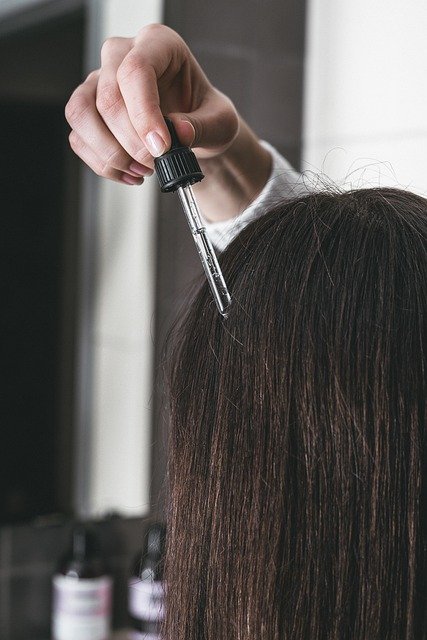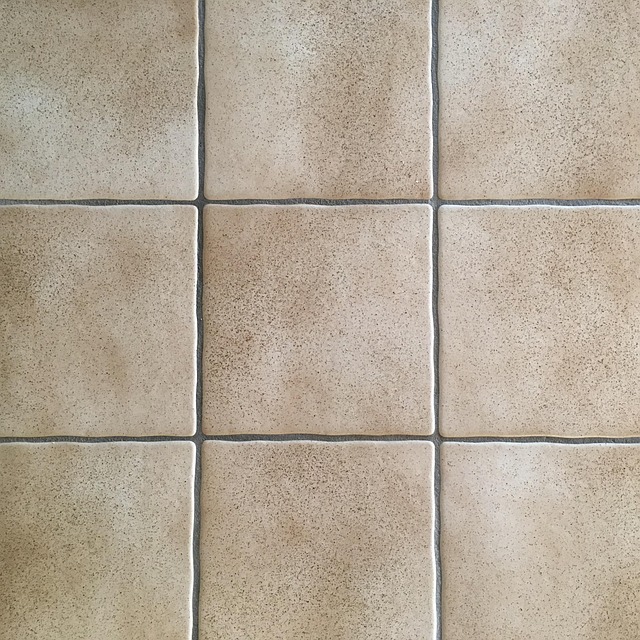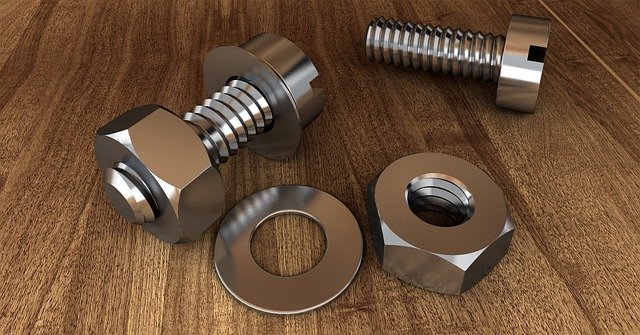The Art of Hair Care: Nurturing Your Locks for Healthier, Beautiful Hair
Healthy, vibrant hair is a universal desire, transcending age, gender, and culture. It's not just about aesthetics; well-maintained hair is often a reflection of overall health and self-care. In this comprehensive guide, we'll explore the essentials of hair care, from understanding your hair type to choosing the right products and treatments. Whether you're dealing with frizz, dryness, or simply want to maintain your luscious locks, this article will provide you with valuable insights to help you achieve your hair goals.

External factors such as sun exposure, pollution, and harsh weather conditions can damage your hair, leading to dryness, brittleness, and color fading. Additionally, the use of heat styling tools, chemical treatments, and even certain hairstyles can cause stress on your hair follicles and strands, potentially leading to breakage and hair loss.
How can you determine your hair type and care needs?
Understanding your hair type is crucial for developing an effective hair care routine. Hair types are generally categorized based on texture (straight, wavy, curly, or coily) and structure (fine, medium, or thick). To determine your hair type, observe your hair when it’s clean and product-free. Look at the natural pattern it forms as it dries and assess its thickness by feeling a single strand between your fingers.
Once you’ve identified your hair type, you can better understand its specific needs. For example, fine hair may require volumizing products and gentle handling, while thick, curly hair often benefits from extra moisture and definition-enhancing products. Consulting with a professional stylist can also provide valuable insights into your hair type and care requirements.
What are the essential steps in a hair care routine?
A proper hair care routine involves several key steps to maintain healthy, beautiful hair:
-
Cleansing: Use a shampoo appropriate for your hair type to remove dirt, oil, and product buildup. Avoid washing too frequently, as this can strip natural oils from your hair.
-
Conditioning: Apply conditioner to moisturize and detangle your hair. Focus on the mid-lengths and ends, avoiding the scalp to prevent oiliness.
-
Drying: Gently pat your hair dry with a microfiber towel or soft t-shirt to minimize damage and frizz. Avoid rubbing vigorously.
-
Styling: Use heat protectant products before applying heat tools. When possible, allow your hair to air dry or use cooler heat settings.
-
Treatment: Incorporate weekly deep conditioning treatments or hair masks to provide extra nourishment and address specific concerns.
-
Protection: Protect your hair from environmental damage by using UV-protective products and covering your hair in harsh weather conditions.
How do salon treatments enhance hair health and appearance?
Professional salon treatments can significantly improve the health and appearance of your hair. These treatments are often more potent and effective than at-home options, providing targeted solutions for various hair concerns.
| Treatment | Purpose | Benefits |
|---|---|---|
| Deep Conditioning | Intense moisturization | Restores hydration, improves elasticity |
| Keratin Treatment | Smoothing and frizz reduction | Enhances shine, reduces styling time |
| Color Treatment | Hair coloring or highlights | Adds dimension, covers grays |
| Scalp Treatment | Scalp health improvement | Promotes hair growth, reduces dandruff |
| Trim/Haircut | Hair maintenance and styling | Removes split ends, refreshes style |
Prices, rates, or cost estimates mentioned in this article are based on the latest available information but may change over time. Independent research is advised before making financial decisions.
Regular salon visits for trims and treatments can help maintain the health of your hair and prevent issues such as split ends and breakage. Professional stylists can also provide personalized advice on how to care for your specific hair type and address any concerns you may have.
What role does nutrition play in hair health?
Nutrition plays a crucial role in maintaining healthy hair. A balanced diet rich in vitamins, minerals, and proteins provides the building blocks necessary for strong, vibrant hair growth. Key nutrients for hair health include:
-
Protein: Essential for hair structure and growth
-
Biotin: Promotes hair strength and elasticity
-
Iron: Supports healthy blood flow to hair follicles
-
Vitamins A, C, and E: Provide antioxidant protection and promote scalp health
-
Omega-3 fatty acids: Support scalp health and hair hydration
Incorporating a variety of nutrient-rich foods into your diet, such as leafy greens, nuts, fish, and lean meats, can contribute to healthier, more resilient hair. In some cases, supplements may be recommended to address specific nutritional deficiencies affecting hair health.
How can you protect your hair from damage?
Protecting your hair from damage is essential for maintaining its health and appearance. Here are some key strategies:
-
Minimize heat styling: Reduce the use of hot tools and always apply a heat protectant product when styling.
-
Use gentle hair ties: Opt for soft, snag-free hair ties and avoid tight hairstyles that can cause breakage.
-
Sleep on a silk or satin pillowcase: This reduces friction and helps prevent tangles and breakage while you sleep.
-
Protect your hair from the sun: Use UV-protective products or wear a hat when exposed to strong sunlight.
-
Be gentle when wet: Hair is most vulnerable when wet, so avoid rough towel drying and use a wide-toothed comb to detangle.
-
Regular trims: Schedule regular haircuts to remove split ends and prevent further damage.
By incorporating these protective measures into your hair care routine, you can significantly reduce damage and maintain healthier, more beautiful hair.
In conclusion, achieving and maintaining healthy, beautiful hair requires a combination of proper care techniques, appropriate product selection, and overall health considerations. By understanding your hair type, following a suitable care routine, and protecting your hair from damage, you can nurture your locks to their full potential. Remember that consistency is key, and patience is necessary as you work towards your hair goals. With the right approach, you can enjoy healthier, more vibrant hair that enhances your overall appearance and boosts your confidence.






